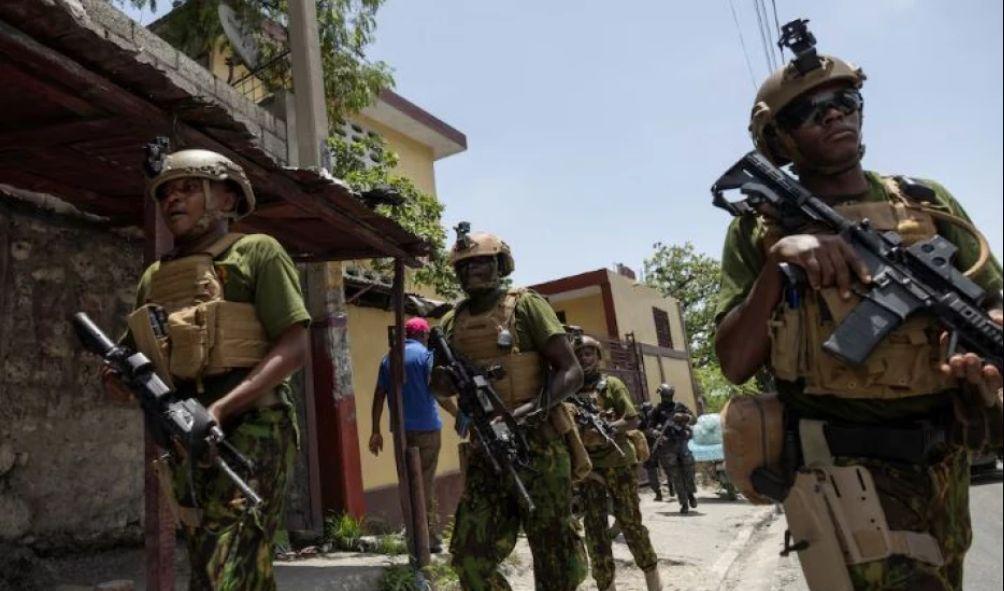Fate of Kenya’s Haiti Mission Hangs in the Balance Amid Efficiency Doubts
The United Nations Security Council is preparing to vote on extending the Kenya-led security mission in Haiti for another 12 months, as Kenya faces growing challenges in stabilizing the crisis-hit Caribbean nation. Nairobi’s struggles to restore order could play a key role in the outcome of the vote.
As President William Ruto plans to attend the United Nations General Assembly in New York soon, the decision carries significant political and financial weight for Kenya.
Why it’s important
The Multinational Security Support (MSS) mission, launched in October 2023, aimed to assist Haitian authorities in reclaiming areas controlled by armed gangs. Despite Kenyan police deployments and international pledges of support, the mission has fallen short of its goals.
Kenya’s leadership in the mission has attracted global attention, but it has also encountered serious setbacks. Insiders report that Kenyan forces lack proper equipment and sufficient funding, with conditions worsening as Haiti’s gangs continue to destabilize the country.
Further context: The United States and Ecuador have introduced a draft resolution to extend the MSS mandate for another year and explore transitioning the mission into a full U.N. peacekeeping operation. A U.S. State Department official emphasized that this is essential to securing stability in Haiti. “The Kenyan-led mission has set the stage, but more is clearly needed. A U.N. operation could bring the necessary resources and structure,” the official explained.
However, this shift may be seen as a diplomatic setback for Kenya, indicating the mission’s struggles. Backed by the U.S. and other nations, the MSS was expected to deliver quick results, but the complexities of Haiti’s crisis have overwhelmed even Kenya’s trained security forces.
Reports suggest delays in compensation and lack of equipment have lowered morale among Kenyan officers.
Despite these obstacles, the U.S. government views a U.N. peacekeeping transition as a way to address the financial issues undermining the mission. Kenya’s operational costs have surged, with estimates showing Ksh25.75 billion is spent every six months. International contributions, including $68 million to a U.N. trust fund, have been insufficient.
What could change
A formal U.N. peacekeeping operation would guarantee a consistent funding stream and provide critical logistical support, such as helicopters and medical supplies, which the mission has severely lacked. Additionally, more countries could be involved, easing Kenya’s burden of leading the mission.
The Security Council is set to vote on the extension by September 30, with nine votes needed to pass. While vetoes from the five permanent members—Russia, China, the U.S., France, and the U.K.—are unlikely, abstentions remain possible. In the initial vote authorizing the mission, China and Russia abstained due to concerns over excessive force in Haiti.
The mission’s future now rests on the outcome of this vote and Kenya’s continued involvement. Should the Security Council approve the U.N. peacekeeping transition, Kenya’s role may significantly change.
Haiti’s situation remains critical, with nearly 580,000 internally displaced people and over 5 million facing severe hunger. Kenyan forces have struggled to reclaim territories dominated by violent gangs, who show little fear of international intervention.
President Ruto’s upcoming U.N. visit may be dominated by these developments. With Kenya’s international standing on the line, the government faces tough choices about its next steps.
Fate of Kenya’s Haiti Mission Hangs in the Balance Amid Efficiency Doubts
